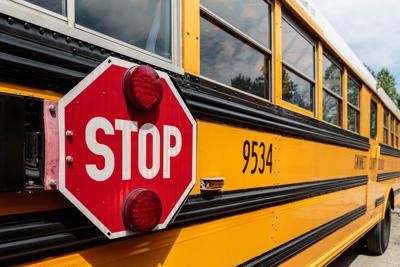(The Center Square) — Georgia students lost months of learning over the past few years, and the loss could manifest itself in billions of dollars in reduced wages.
While the results vary per district, between 2019 and 2022, Georgia lost more than four months of math learning, the equivalent of nearly half a grade level. The state also lost roughly two months of reading learning, the equivalent of nearly a quarter of a grade level.
The findings are revealed in the Education Recovery Scorecard, a collaboration with the Center for Education Policy Research at Harvard University and Stanford University’s Educational Opportunity Project. The scorecard uses National Assessment of Educational Progress test scores from 2019 to 2022 in grade equivalents.
According to the analysis, which researchers said offers the first comparable view of district-level learning loss due to the COVID-19 pandemic, the average estimated loss in lifetime earnings per student in Georgia is $10,891. When multiplied by the number of students enrolled in a Georgia public school, the aggregate loss in lifetime earnings tops $18.8 billion.
The Peach State saw a higher mean lost income than Alabama ($2,860) and South Carolina ($9,406) but lower than Tennessee ($11,496), Florida ($14,390) and North Carolina ($15,872).
Georgia Department of Education spokesperson Meghan Frick said while the department wasn't familiar with the study, the pandemic-related shutdowns of school districts had an impact on student learning.
"We have and will continue to work to address the impact of those lost opportunities – examples of those efforts thus far include hiring state and regional Academic Recovery Specialists, offering formative assessments at no cost to all districts and schools; dedicating COVID relief funds to expand afterschool and summer learning; and our ENGAGE Georgia initiative to assist school districts with locating and supporting students who disengaged from school as a result of the pandemic," Frick said. "Georgia also prioritized its return to in-person instruction, knowing that for the vast majority of students, learning in-person is the most effective option for most students."
When the NAEP scores were released in October, Georgia officials touted that students performed similarly to 2019 rates. In a release, State School Superintendent Richard Woods said he was "encouraged to see them performing at the national average and with no significant changes in performance compared to 2019."
"That’s a testament to the hard work of teachers and students across this state," Woods said in an announcement at the time. "Knowing that there is still work to be done together, we will remain laser-focused on academic recovery and providing the resources schools and teachers need to invest in students and their success."









